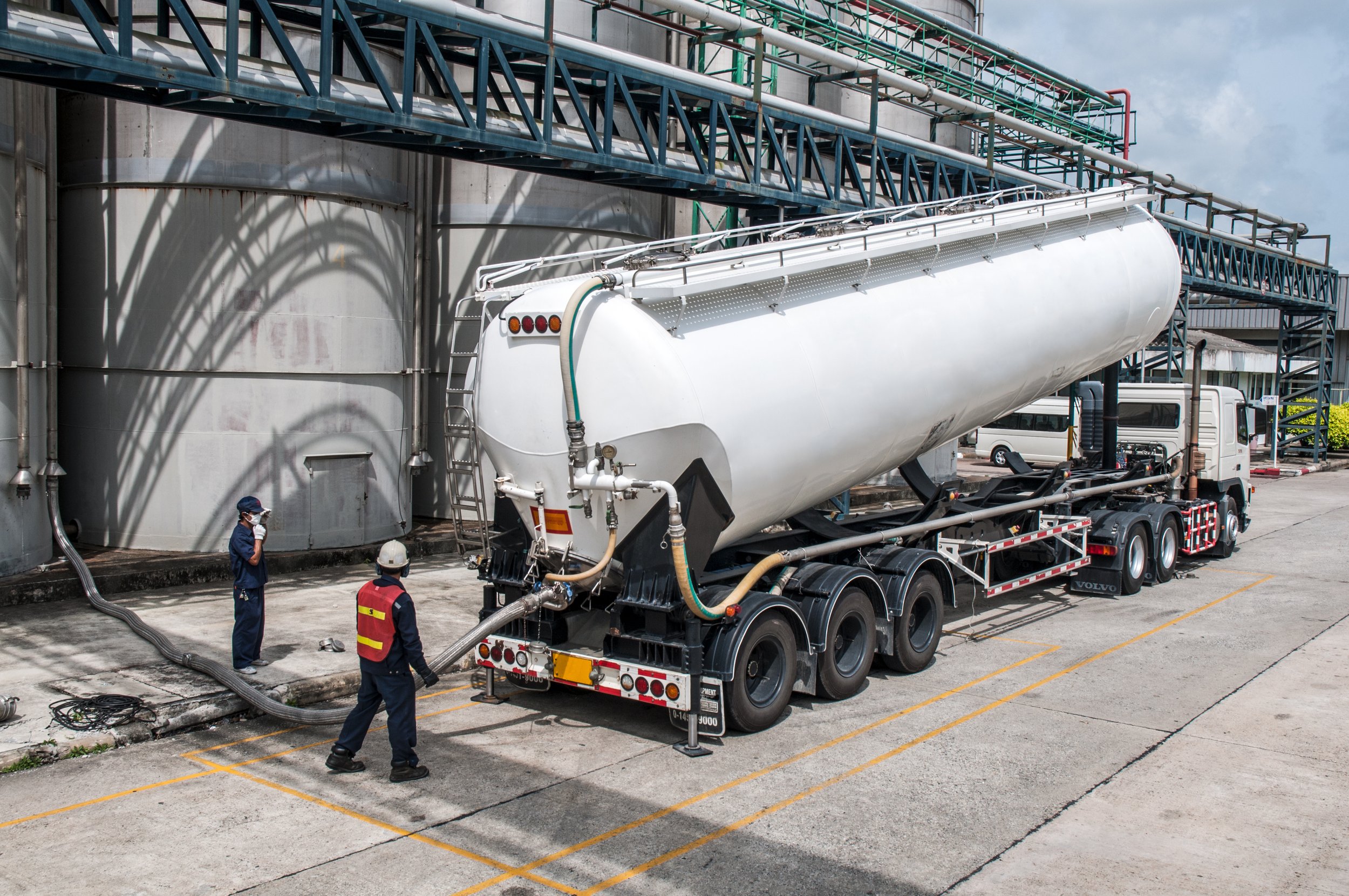Fuel Servicing in Texas An Overview
Fuel servicing is a critical component of various industries in Texas, including aviation, transportation, and agriculture. Texas, being one of the largest states in the U.S. and a hub for numerous economic activities, requires a robust and efficient fuel servicing infrastructure to meet its diverse needs.

Aviation Fuel Services
Texas is home to some of the busiest airports in the United States, including Dallas/Fort Worth International Airport and George Bush Intercontinental Airport in Houston. Aviation fuel servicing in Texas is a highly regulated industry, ensuring that aircraft receive the highest quality of fuel to maintain safety and efficiency. Companies providing aviation fuel services often operate around the clock, ensuring timely refueling, defueling, and fuel storage management. They adhere to strict safety and environmental regulations to prevent accidents and minimize ecological impact.
Ground Transportation Fuel Services
Texas has an extensive network of highways and roads, making it a major transportation hub for both personal and commercial vehicles. Fuel servicing for ground transportation includes providing gasoline, diesel, and alternative fuels like compressed natural gas (CNG) and electric vehicle (EV) charging stations. Service stations are strategically located throughout the state to ensure that drivers have easy access to fuel. Additionally, fleet fuel management services are available for commercial enterprises, helping them optimize fuel usage and reduce operational costs.
Agricultural Fuel Services
The agricultural sector in Texas relies heavily on fuel for operating machinery such as tractors, combines, and irrigation systems. Fuel servicing in agriculture involves delivering bulk fuel directly to farms and rural areas, ensuring that farmers have a consistent and reliable supply. This service often includes the provision of on-site storage tanks and fuel management systems to help farmers monitor their fuel usage and maintain efficiency. Given the importance of agriculture to the Texas economy, reliable fuel servicing is essential for maintaining productivity and supporting rural communities.
Marine Fuel Services
Texas, with its extensive coastline along the Gulf of Mexico, also has a significant marine industry. Marine fuel servicing caters to commercial vessels, fishing boats, and recreational watercraft. Fuel providers operate fuel docks and mobile fuel delivery services to meet the needs of the marine industry. They ensure the supply of high-quality marine fuels, including diesel and gasoline, and often provide additional services such as tank cleaning and maintenance to ensure the longevity and efficiency of marine engines.
Innovations and Environmental Considerations
The fuel servicing industry in Texas is increasingly adopting innovative technologies to enhance efficiency and reduce environmental impact. For instance, the integration of automated fuel management systems allows for better tracking and optimization of fuel usage. Additionally, there is a growing emphasis on the adoption of cleaner fuels and renewable energy sources to reduce greenhouse gas emissions. The state’s commitment to environmental sustainability is reflected in the promotion of alternative fuels and the development of infrastructure to support electric vehicles.
Challenges and Future Outlook
Despite its robust infrastructure, the fuel servicing industry in Texas faces challenges such as fluctuating fuel prices, regulatory changes, and the need for continuous technological upgrades. Companies must navigate these challenges while ensuring reliable and cost-effective services for their customers.
Looking ahead, the fuel servicing industry in Texas is expected to continue evolving, driven by advancements in technology and a growing emphasis on sustainability. The adoption of cleaner fuels and the expansion of renewable energy infrastructure will likely play a significant role in shaping the future of fuel servicing in the state.
In conclusion, fuel servicing in Texas is a dynamic and multifaceted industry that supports a wide range of economic activities. By continually adapting to technological advancements and environmental considerations, the industry is poised to meet the evolving needs of its diverse clientele while contributing to the state’s economic growth and sustainability.
For more info :-

Comments
Post a Comment